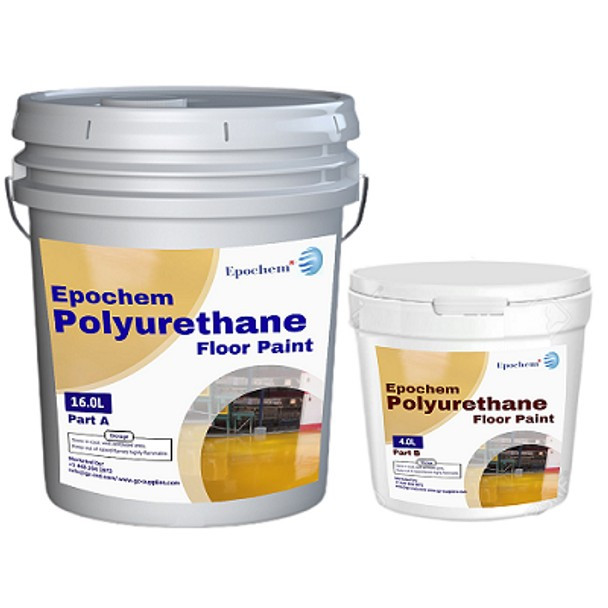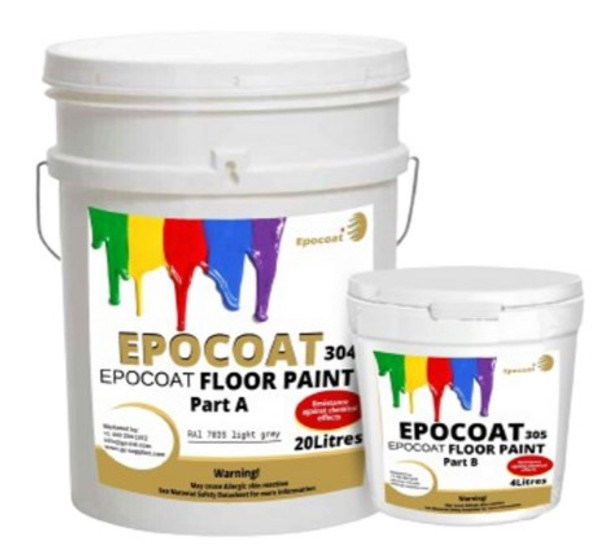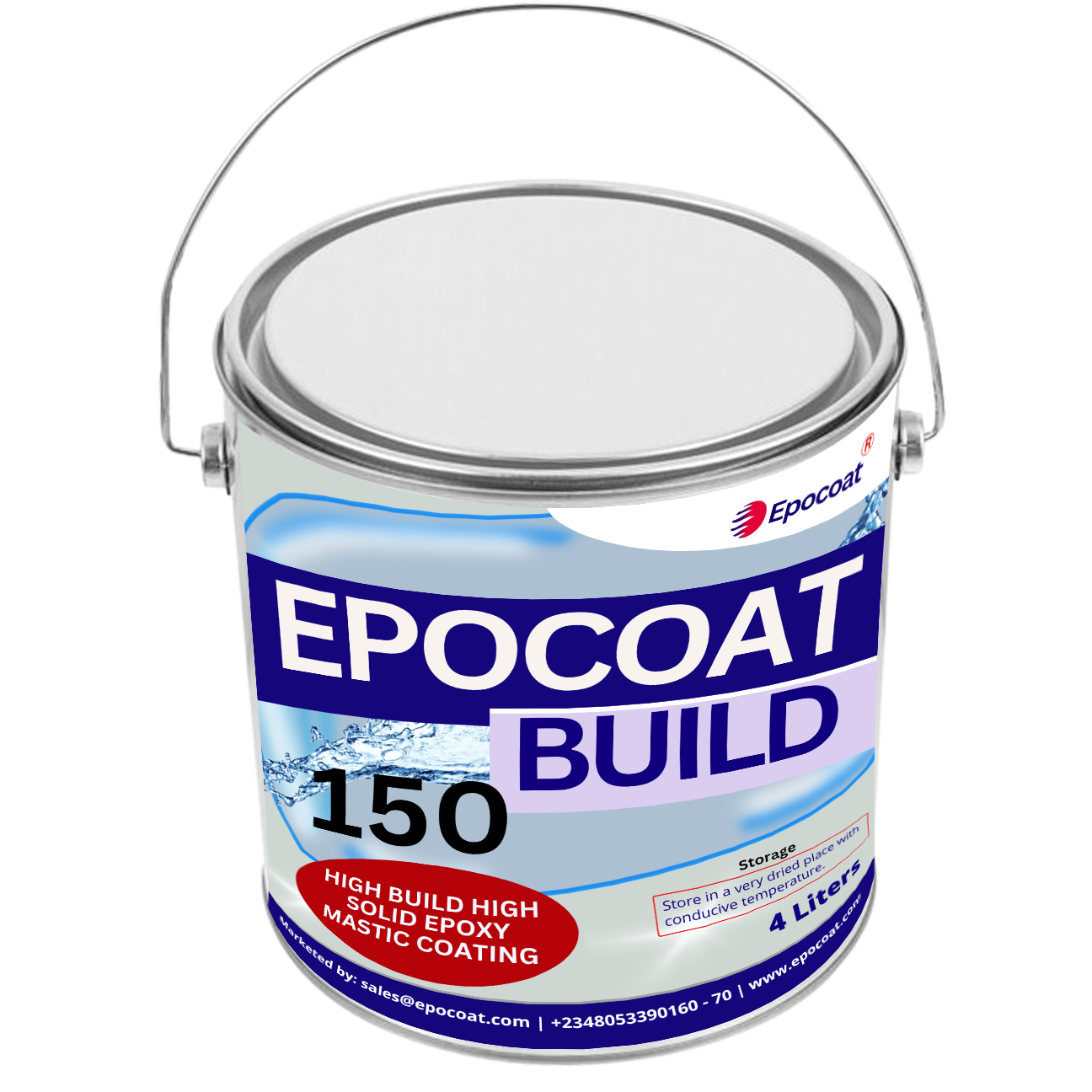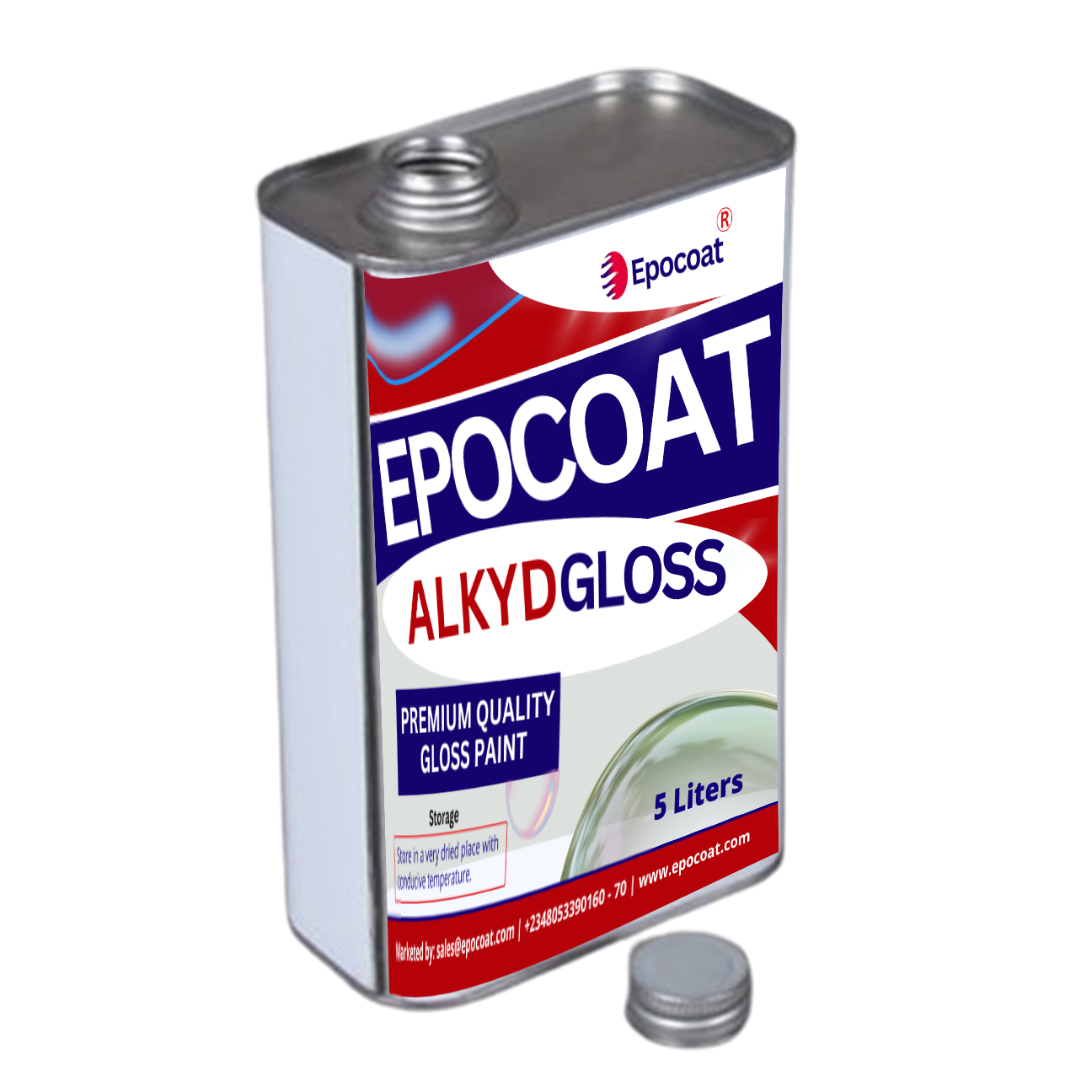Key Considerations When Choosing Epoxy Floor Coatings: Thickness, Finish, and Color Options
Key Takeaways
Introduction
Epoxy floor coatings are a popular choice for various environments, including residential, commercial, and industrial spaces, due to their durability, aesthetic appeal, and versatility. However, Selecting the right epoxy floor coating for your commercial or industrial space involves careful consideration of several key factors. Among the most critical elements are the thickness, finish, and color of the coating.
These attributes significantly impact the floor's durability, appearance, and overall performance. By understanding the importance of these considerations, you can make informed decisions to achieve a floor that meets your specific needs and enhances your space.
This guide will delve into these key considerations to help you make an informed decision that aligns with your specific needs and preferences.
Understanding Epoxy Floor Coating Thickness
The thickness of an epoxy floor coating is a critical factor that directly influences its durability and performance. Typically, epoxy coatings range from a few mils (thousandths of an inch) to more than a quarter-inch in thickness. The right thickness for your floor depends on several factors, including the level of traffic, the type of equipment used, and the nature of the activities conducted in the space.
Common Thickness Ranges:
- Thin Coatings (4-10 mils): Ideal for light-duty applications such as residential garages or basements. These coatings provide basic protection against wear and tear but may not withstand heavy traffic or impacts.
- Medium Thickness (10-20 mils): Suitable for commercial spaces, offices, and retail environments where moderate foot traffic and occasional equipment use are expected. These coatings offer a balance between durability and cost.
- Thick Coatings (20-40 mils or more): Designed for heavy-duty industrial settings, warehouses, or areas with frequent exposure to heavy machinery. These coatings provide maximum durability and protection against chemical spills, impacts, and abrasion.
-
Factors Influencing Thickness Choice:
- Durability Requirements: In areas subject to high traffic, heavy machinery, or chemical exposure, a thicker epoxy coating is essential for long-term performance. Thicker coatings are more resistant to damage and can better protect the underlying concrete.
- Application Surface: The condition of the existing concrete or substrate also affects the choice of thickness. If the surface has imperfections, a thicker coating may be necessary to achieve a smooth and level finish.
While thicker coatings provide enhanced protection, they also tend to be more expensive. Therefore, it’s important to strike a balance between the required durability and the available budget.
Choosing the Right Epoxy Floor Coating/Finish
The finish of your epoxy floor coating significantly impacts both the appearance and functionality of the floor. Epoxy finishes come in various types, including glossy, matte, and satin, each offering unique benefits and suitable applications.
Glossy Finish:
- Benefits: A glossy finish is highly reflective, which can enhance the lighting in a space and create a bright, clean appearance. This finish also adds a modern and sleek aesthetic, making it a popular choice for showrooms, commercial spaces, and garages.
- Best Applications: Glossy finishes are ideal for environments where aesthetics are important, such as automotive showrooms, retail stores, and upscale residential garages. The reflective surface also helps in areas where visibility and light distribution are key factors.
Matte Finish:
- Benefits: Matte finishes offer a subtle, non-reflective surface that hides imperfections and reduces glare. This type of finish is practical for areas that require a more subdued appearance and where functionality takes precedence over aesthetics.
- Best Applications: Industrial settings, warehouses, and areas with heavy foot traffic often benefit from matte finishes. The lower reflectivity makes it easier to maintain, as scratches and wear are less noticeable.
Satin Finish:
- Benefits: Satin finishes provide a middle ground between glossy and matte, offering a soft sheen that is both attractive and functional. This finish is low-maintenance and hides dirt and dust better than glossy finishes.
- Best Applications: Satin finishes are versatile and suitable for a wide range of environments, including offices, retail spaces, and residential areas. They offer a balanced look that complements various interior designs.
Choosing the right finish depends on the specific needs of your space, including the desired aesthetic and the level of maintenance you’re willing to commit to.
Exploring Color Options for Epoxy Floor Coatings
When it comes to epoxy floor coatings, colour selection is more than just a design choice—it can influence the atmosphere and functionality of a space. Epoxy coatings are available in a wide range of colours, from neutral tones to vibrant hues, allowing you to tailor the floor’s appearance to your specific needs.
Solid Colours:
- Classic Look: Solid colours are timeless and versatile, making them easy to match with existing decor or branding. Common choices include neutral tones like grey, white, beige, and black, which provide a clean and professional appearance.
- Applications: Solid colours are ideal for commercial spaces, offices, and residential areas where a uniform and cohesive look is desired.
Metallic Epoxy Colours:
- Unique Appearance: Metallic epoxy coatings create a dynamic and luxurious look with a three-dimensional effect. The metallic pigments produce a shimmering surface that changes with the light, adding depth and elegance to the floor.
- Best Applications: Metallic finishes are perfect for luxury environments, showrooms, and creative spaces where a unique and eye-catching floor is desired.
Decorative Flakes or Quartz Additions:
- Enhanced Aesthetics: Decorative flakes or quartz can be added to epoxy coatings to create a textured, multi-colored surface. This option not only improves the floor’s appearance but also provides added slip resistance.
- Popular Uses: This style is commonly used in commercial spaces, garages, and areas where safety and style are both priorities.
Practical Considerations and Tips for Epoxy Floor Coatings
When selecting epoxy floor coatings, it's important to consider practical aspects that will affect both the initial installation and long-term performance of the floor. Here are some key points to keep in mind:
Budget Considerations:
The cost of epoxy flooring varies based on thickness, finish, and colour options. Thicker coatings and specialty finishes like metallic or decorative flakes generally come at a higher price. It's important to balance your budget with your requirements to achieve the best value for your investment. Additionally, consider long-term savings related to maintenance and durability.
Maintenance Needs:
Different finishes and colours can affect how easy it is to maintain your epoxy floor. Glossy finishes, while aesthetically appealing, may require more frequent cleaning to maintain their shine. Matte and satin finishes often hide dirt and scratches better, making them easier to maintain in high-traffic areas. Regular maintenance practices, such as sweeping and periodic re-coating, will ensure the longevity of your epoxy floor.
Professional Installation:
To achieve the best results, it is highly recommended to have epoxy flooring installed by professionals. Proper application is crucial to avoid issues such as bubbling, peeling, or uneven finishes. Professionals can ensure that the coating is applied correctly and adheres well to the surface, which will maximise durability and performance.
Future-Proofing:
Consider how your needs might change in the future. For instance, if you anticipate increased foot traffic or heavier use, opting for a thicker and more durable coating could save you from having to reapply the epoxy sooner. Additionally, choosing a versatile finish and color can help the floor adapt to changing design trends or functional requirements.
Frequently Asked Questions
1. What is the ideal thickness for residential epoxy flooring?
For residential applications, a thickness of 4-10 mils is typically sufficient. This provides adequate protection for light to moderate use, such as in garages or basements.
2. How do I choose between a glossy and matte finish for my epoxy floor?
Choose a glossy finish if you want a bright, reflective surface that enhances lighting. Opt for a matte finish if you prefer a non-reflective, low-maintenance surface that hides dirt and imperfections.
3. Can I use metallic epoxy in a high-traffic area?
Yes, metallic epoxy can be used in high-traffic areas, but it's important to ensure that it is applied with a durable topcoat for added protection. This will help maintain the finish's appearance over time.
4. What colors are best for a commercial space?
Neutral colors like gray, beige, and white are popular choices for commercial spaces due to their professional appearance and ease of maintenance. However, you can also choose custom colors that align with your branding or design preferences.
5. Is professional installation necessary for epoxy flooring?
While DIY kits are available, professional installation is recommended to ensure the coating is applied correctly and to avoid potential issues such as uneven application or poor adhesion.
Related Articles
How Durable Is Your Epoxy Floor
Epoxy Floor Coating For Industrial Floor
The Benefits of Floor Paint for Commercial and Industrial Spaces
Epoxy Flooring Versus Polyurethane Flooring

Conclusion
Selecting the right epoxy floor coating involves careful consideration of thickness, finish, and color options to ensure that the final result meets both functional and aesthetic needs. By understanding the implications of each choice, you can make an informed decision that enhances the performance, appearance, and longevity of your flooring. Whether you're looking for durability in an industrial setting or a sleek look for a commercial space, the right epoxy coating can make a significant difference.
For more information on selecting the right epoxy floor coating or to explore your options, visit GZ Industrial Supplies. Their experts can help you choose the best solution for your specific needs and ensure a successful installation.










